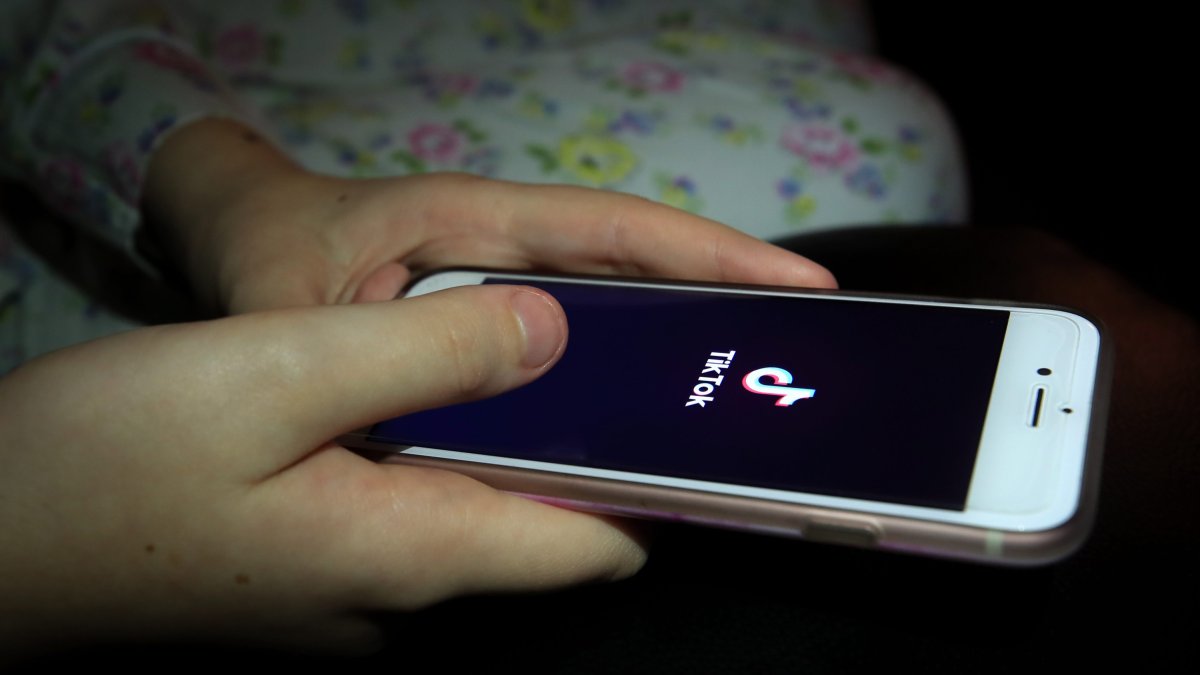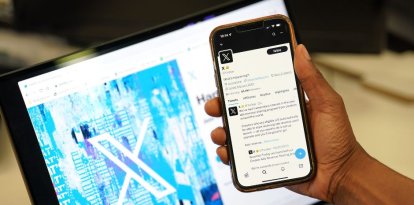Texas: bill introduced to ban minors from social networking sites
From 2009 to 2015, there was an 18.8% increase in self-harm among girls aged 10 to 14 and 47.1% more suicides from those aged 10 to 24.

EMBARGOED TO 0800 THURSDAY JUNE 9 File photo dated 12/11/19 of a young girl using the TikTok app on a smartphone, as TikTok has announced new digital wellbeing tools for users that will prompt them to take a screen break from the app after extended single sittings online and help them take control of the overall amount of time they spend on the social media platform.
Distrust towards digital platforms continues to escalate in the United States, and mainly in Texas. Recently, Governor Greg Abbott banned TikTok from being downloaded or used on state-provided cell phones and devices. Since, Jared Patterson, a member of the Texas House of Representatives, introduced a bill seeking to prohibit minors from creating profiles on social networks.
Last Wednesday, through his official Twitter account, Patterson published a statement summarizing the proposal. "This legislation seeks to limit social media usage to profile accounts 18 and older, requires profiles to utilize photo identification as a means of age verification, allow parents the opportunity to request account removal of their child, and grants enforcement of deceptive trade practices to the Office of the Attorney General if violated," the Republican politician's bill reads.
Patterson justified the proposal with disturbing statistics on depression, self-harm and suicide. He mentioned how, after the massive diffusion of social networks in both the United States and the world, these tragedies have become more and more frequent. "From 2009-2015 there has been an 18.8% annual increase in self-harm among girls aged 10 to 14 years old and a 47.1% increase in suicide deaths from children aged 10 to 24 during a similar time period," the representative said in his brief.
The Republican representative, who sits on the Texas Cybersecurity Council, said social media is "the pre-1964 cigarette," alluding to how the massive health risks of smoking were widely unknown and ignored in that time.
In line with this trend to start regulating digital platforms, mainly those of Chinese origin, a survey from Rasmussen Reports revealed that 68% of Americans agree that the Chinese Communist Party could use TikTok to "collect sensitive national security information of U.S. government employees and develop profiles of millions of Americans for blackmail or spying."























